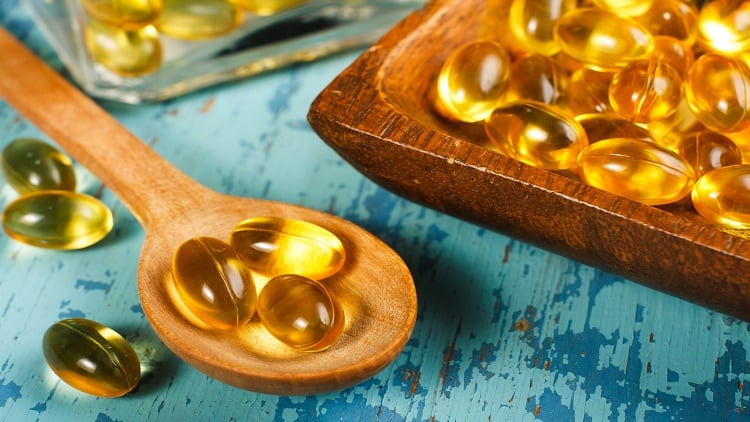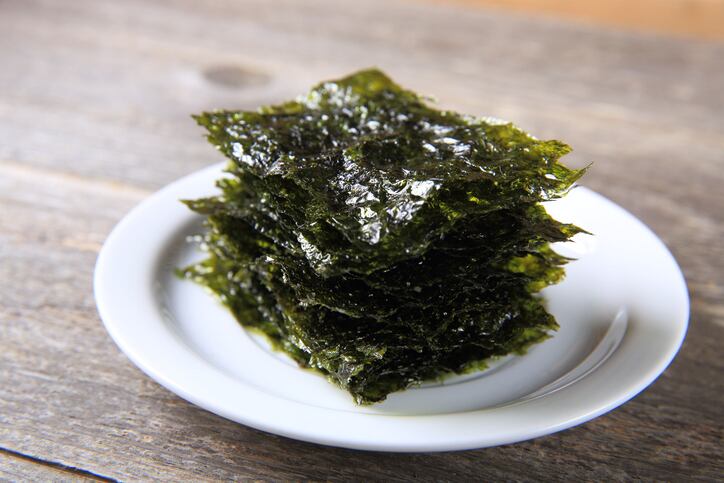Findings of the 12-week, double-blind, and placebo-controlled trial were published in Translational Psychiatry.
This is believed to be the first study on the effects of EPA monotherapy in ADHD patients.
In the study, researchers compared the effect of high dose EPA (1.2g) Vs placebo on the cognitive function of 92 youths diagnosed with ADHD, aged six to 18.
To examine the effects, the participants then underwent the continuous performance test (CPT), where their attention, impulsivity were assessed before and after the study.
Their blood erythrocytes PUFAs were also measured before and after the study.
This is to examine the effects of baseline endogenous EPA levels on treatment response, as well as the effects of EPA treatment on PUFAs levels.
Results showed that the EPA group had a greater improvement in focused attention at the CPT as compared to the placebo group.
In addition, in subjects with lowest baseline EPA, supplementation of EPA has helped to improve their level of vigilance as compared to the placebo group.
The EPA group also had a higher blood erythrocytes EPA and total n-3 PUFAs levels, and a decrease in the n-6/n-3 ratio by the end of the study.
Areas without changes
While EPA supplementation led to better attention, the researchers found that it did not improve other areas, including the ability to control impulsiveness.
In this case, the placebo group did better than the EPA group in terms of controlling impulsivity.
EPA supplementation also did not lead to changes in DHA levels, a finding which the researchers have described as surprising, since EPA is physiologically converted into DHA.
In this case, the researchers suggested that this was due to the genetic profile of ADHD, which may affect how PUFAs are metabolised.
A word of caution
The researchers noted that EPA supplementation is not beneficial and suitable for all.
In subjects with high EPA baseline, it was in fact, the placebo group which performed better than the EPA group in terms of controlling impulsivity, and parents’ and teachers’ reports of ADHD and emotional symptoms.
Hence, the researchers said the PUFAs levels in individuals who are consuming a high PUFA diet should be first measured before starting high dose EPA supplementation.
Source: Translational Psychiatry 9, 303 (2019)
High-dose eicosapentaenoic acid (EPA) improves attention and vigilance in children and adolescents with attention deficit hyperactivity disorder (ADHD) and low endogenous EPA levels
DOI: 10.1038/s41398-019-0633-0
Authors: Chang, J.P., Su, K., Mondelli, V. et al.





